Lost and found
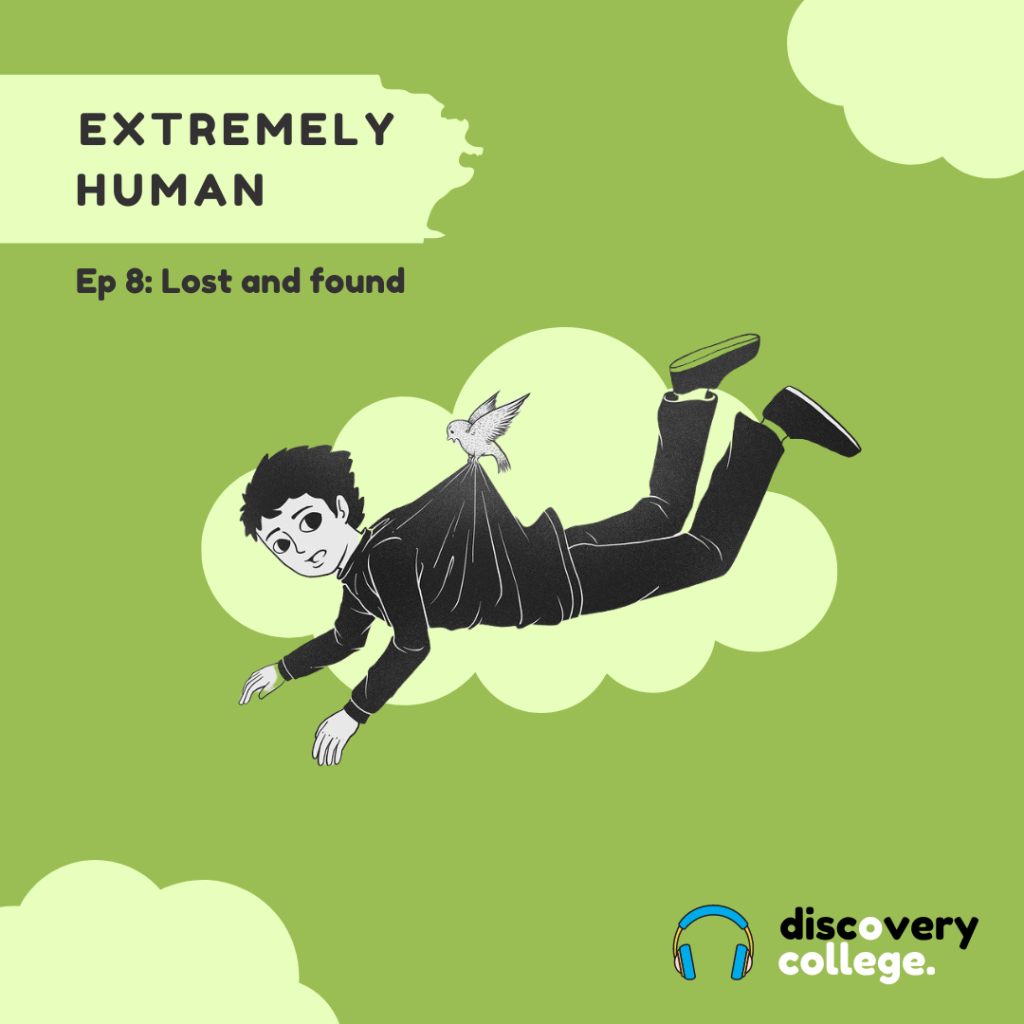
Our guest shares their experience of psychosis and depression, overcoming adversity, finding purpose through reading 200 books in 2 years, and discovering a life worth fighting for.
The message of suicide
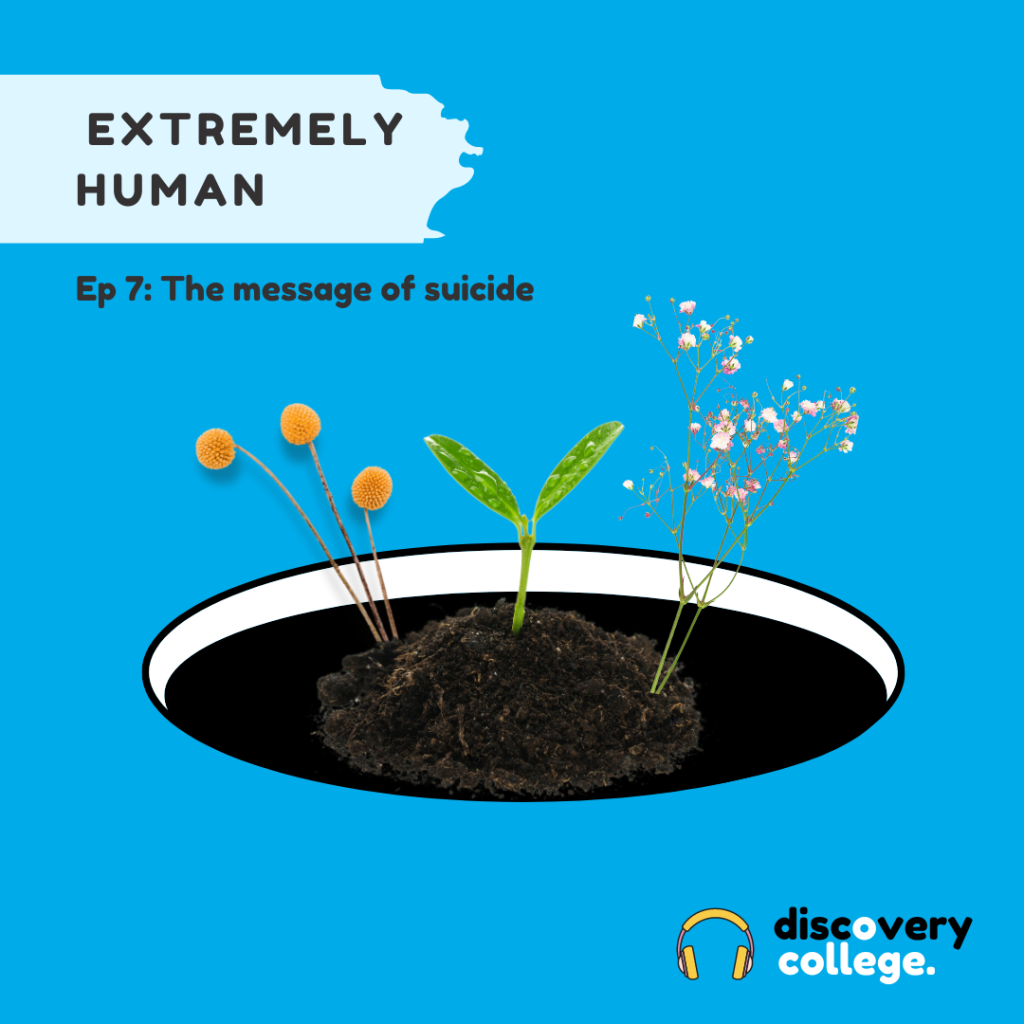
This is a conversation with Jesse about suicide. Jesse shares his own experiences of suicidality and offers different ways we can have more compassionate conversations about it. We think about suicide as a natural physiological response to distress that contains a message for the individual and those around them. We explore some of the misunderstandings around suicide, the importance of language and allowing people time and space to process and heal.
A search for meaning
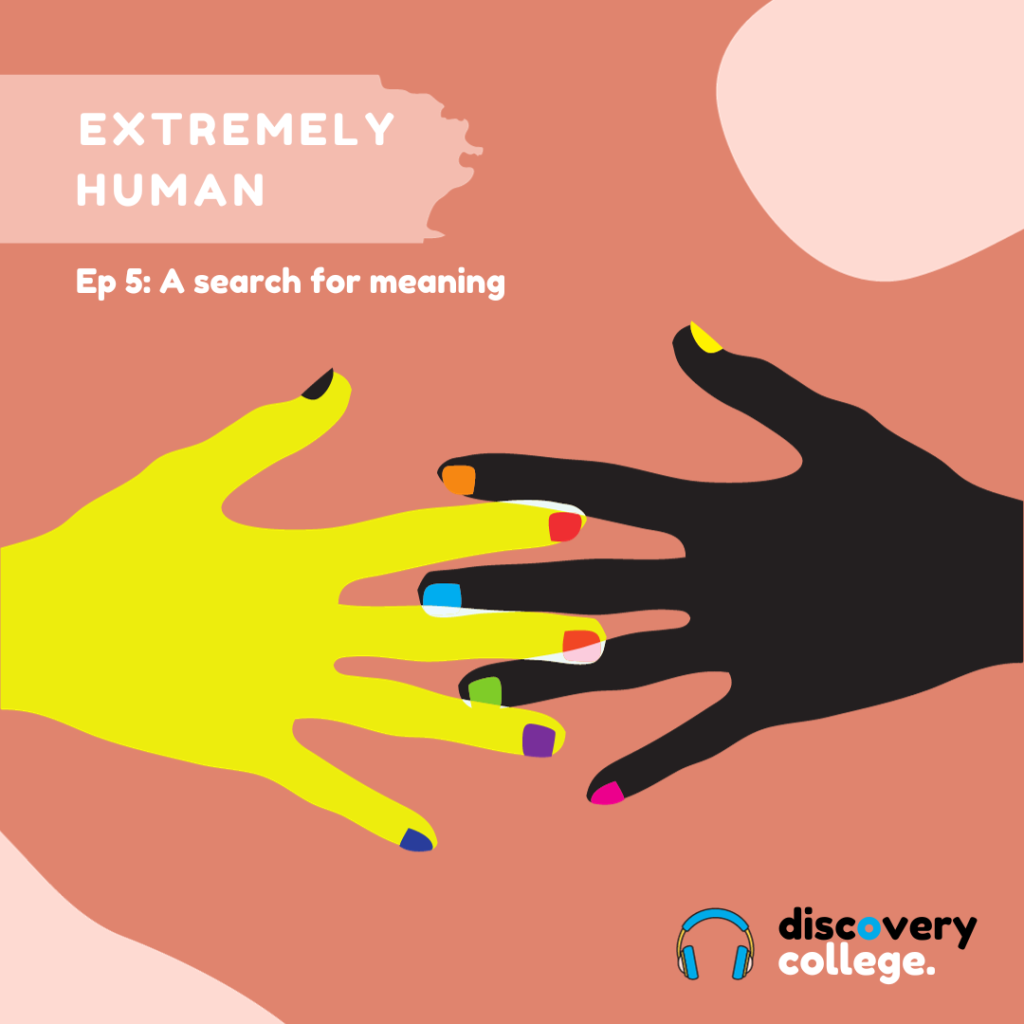
Elsa talks us through her new role as the spiritual care lead and some of her hopes for the role.
Elsa breaks down and simplifies what the word ‘spirituality’ means, what it can look like in a modern world and why it can be important in the context of mental health and healing.
Is this really radical?

Paul helps to bust some myths about common misconceptions in the medical world. Paul speaks about the value of humanizing people’s experience rather than medicalising it and how including people’s loved ones in their care can make a real difference.
Do You Hear What I Hear? And other ways of thinking about psychosis [In-person]

An exploration of different ways to understand the experiences sometimes called psychosis.
Do You Hear What I Hear? Resources
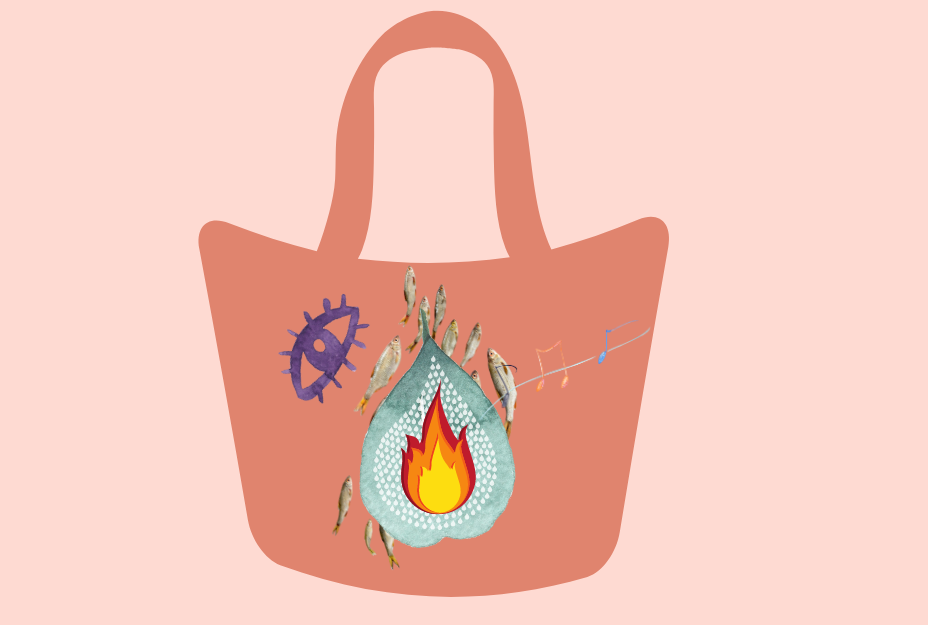
Dip into this resource bag to explore more about unshared realities at your own pace.
You can sit with us
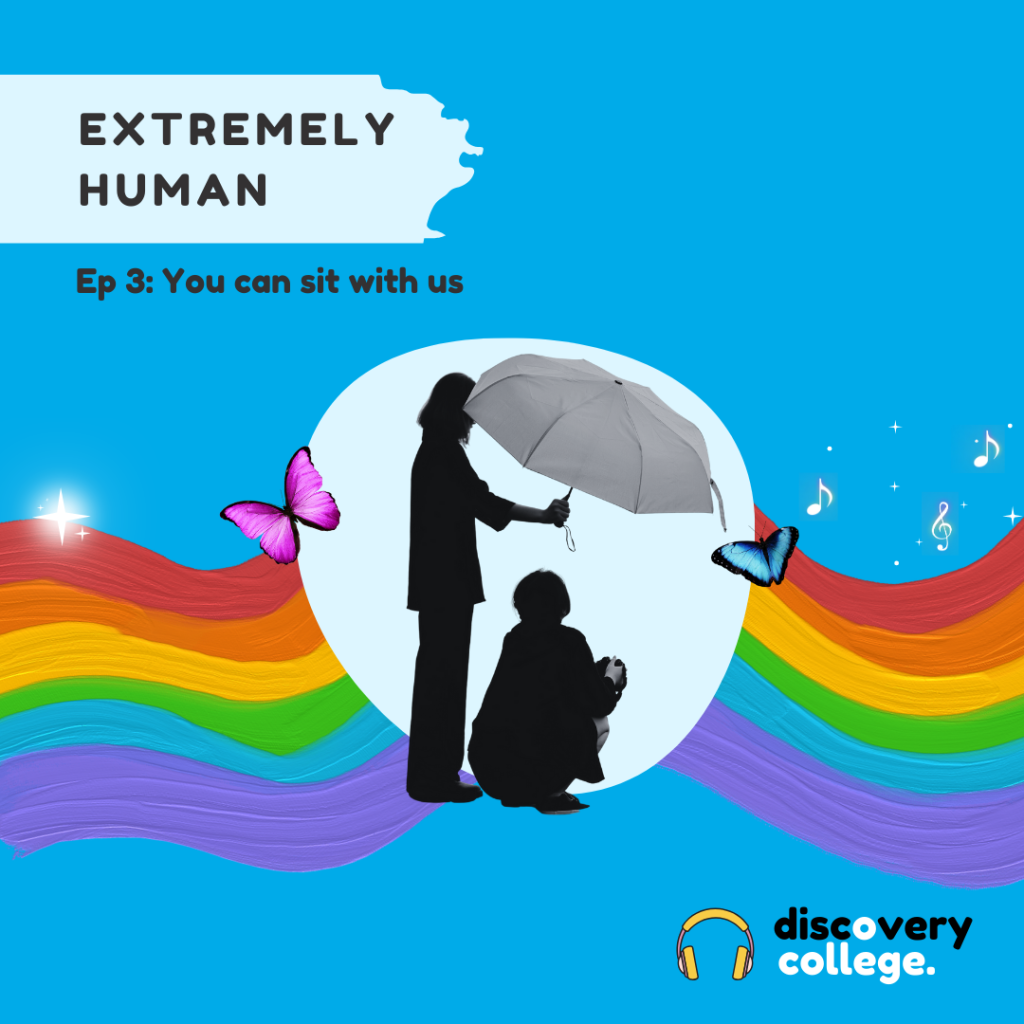
We chat with Chris about how the experience of bipolar can feel but also how we can learn and grow from it. Chris talks about the importance of inclusion and connection, having a ‘vibe tribe’ and dropping judgement when caring for people who are having a rough time.
Stability in the storm
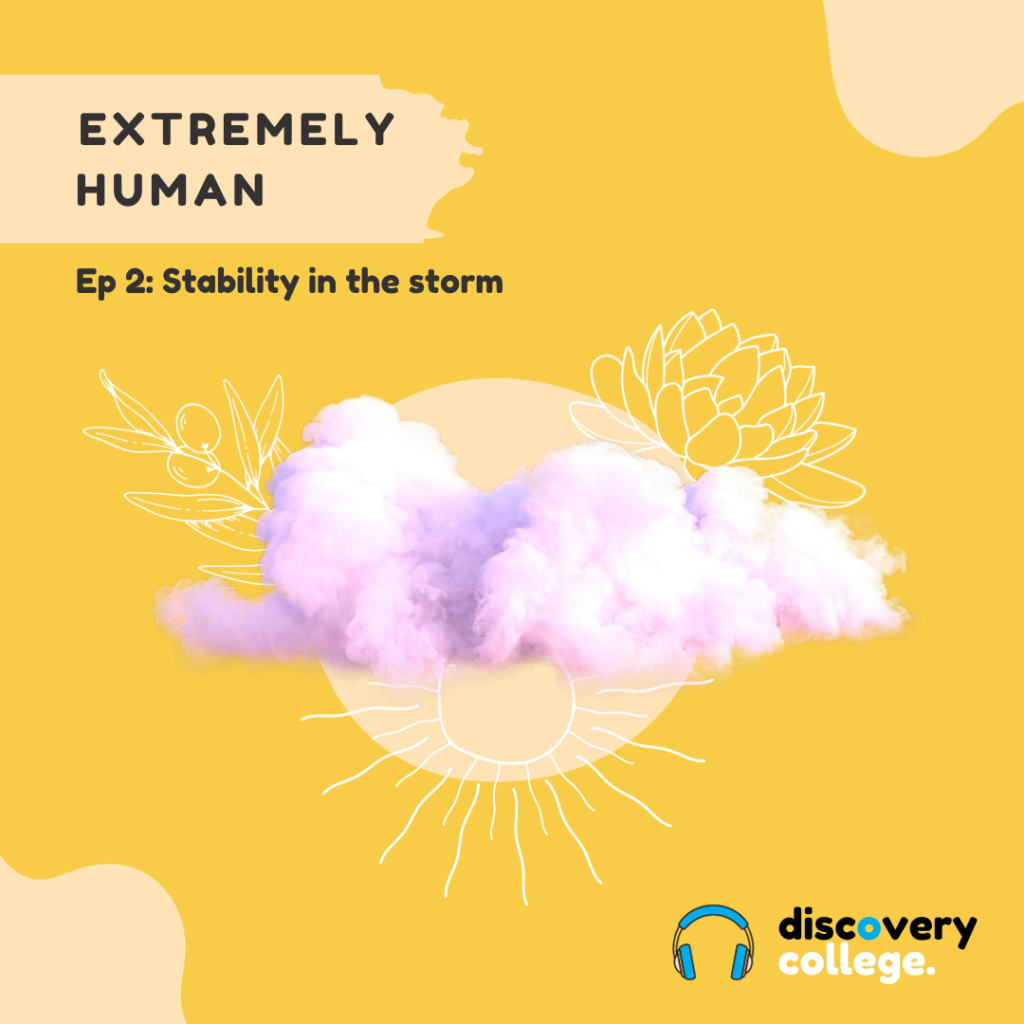
In this episode, we chat with our guest who describes how it feels to experience psychosis. We talk about what they found helpful and not so helpful while being in that state and what life after psychosis has looked like in their life. We touch on the different ways phenomena like psychosis can transform people and how we can better care for people going through psychosis.
Extremely Human: Trailer

How can we respond to distress with greater compassion and humanity?
Sometimes as humans, we have experiences that aren’t shared or understood by others. Often these experiences can feel extreme, scary, unreal or even euphoric. Experiences like psychosis, depression, grief and addiction.
Here is a little taster of highlights from some of the conversations Lucy and Rachel have had so far with incredible humans who vulnerably share their different perspectives on these ideas.
We’re only human
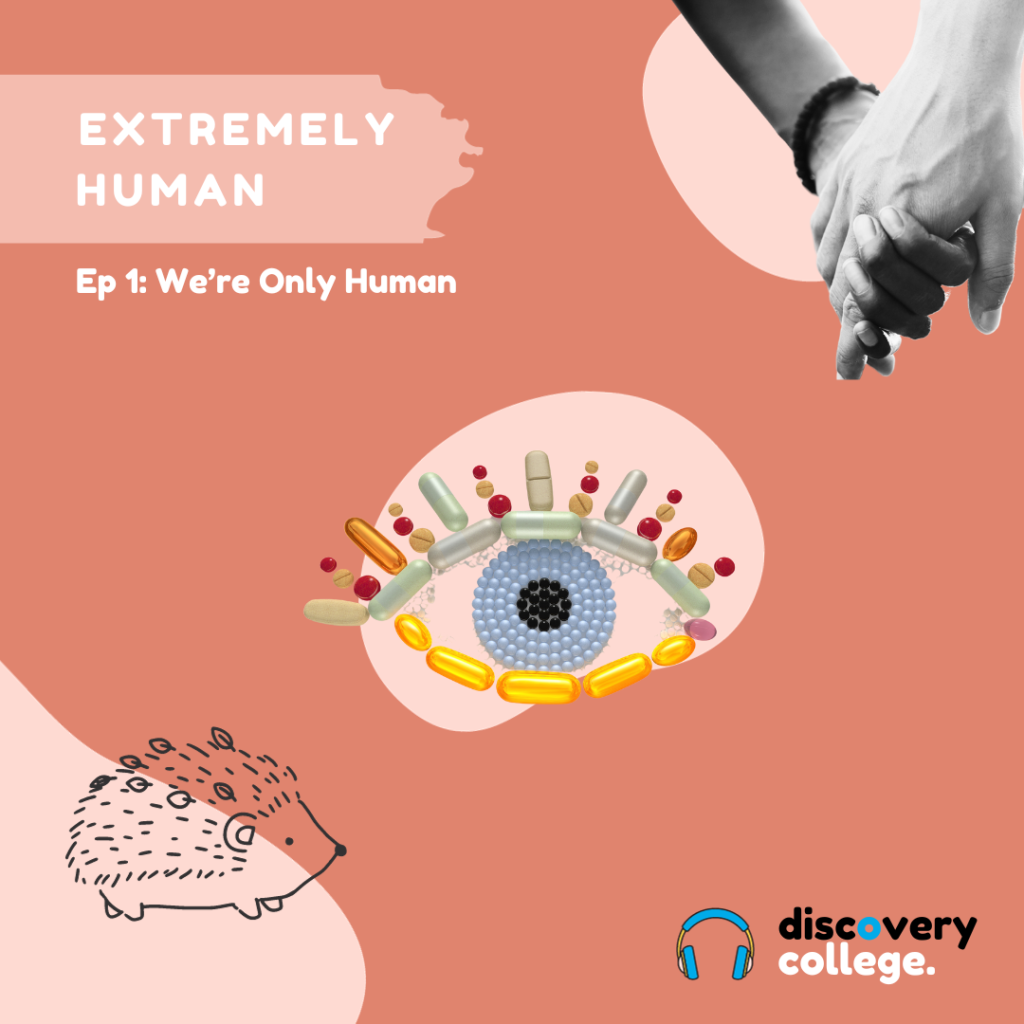
We speak with Jamie, a social worker in the mental health world about being “a person first and a professional when it’s required”.




